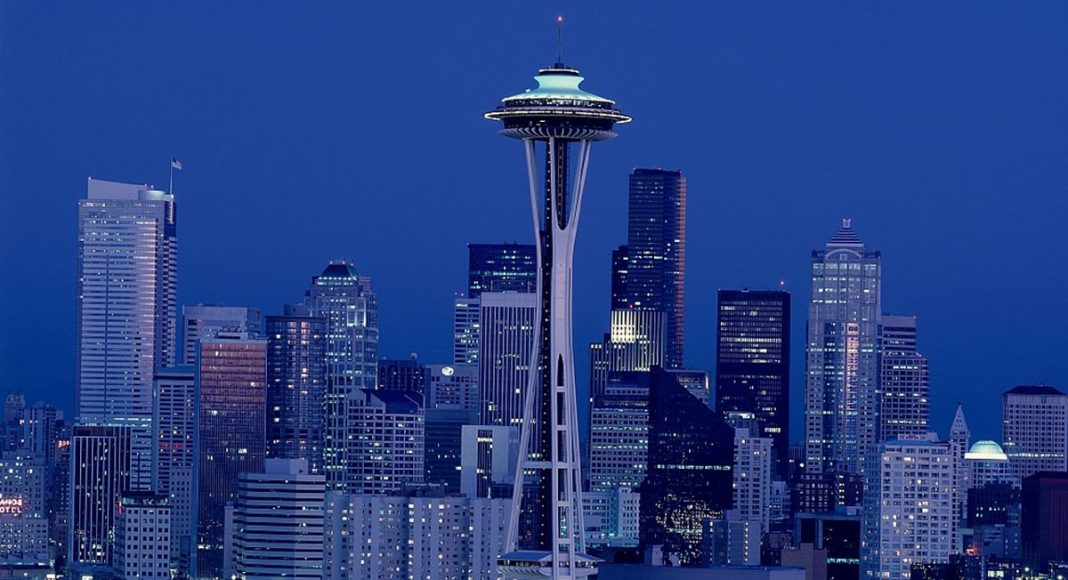Cannabis consumers in the state of Washington state will soon be able to confidently purchase their herb free of pesticides and fungicides. Gov. Jay Inslee earlier this week signed a bill that creating a system that will certify organic marijuana.
The new law “creates a voluntary program for the certification and regulation of organic marijuana products.” It is believed to be the nation’s first official organic cannabis program.
According to Ann Rivers, the Republican state senator who sponsored the bill, this policy was driven by consumers who wanted a choice in the marketplace to buy with confidence.
“As we have moved forward in the legal marijuana market, we’re hearing people say, ‘We don’t want any pesticides, fungicides, none of that stuff in our weed.’ ”
Up until now, individual growers were allowed to claim organic methods in their farms, but there was not a governmental body regulating or testing for accuracy or compliance.
The organic cannabis system will be administered by the state’s agriculture department. Kathy Davis, a spokesperson for the department, said that the process could “take several months to as long as a year. No certifications will be issued until the rules are complete and have been adopted.”
It is anticipated that retail shelves won’t have organically grown cannabis on the shelves until late next year.
What will constitute organic? How will growers be certified and tested? All that needs to be worked out by the state regulators. But one wrinkle in the plan: The state will have to come up with a different label than organic.
Only the federal government — specifically the USDA — is legally allowed to certify organic products. And since cannabis is still federally illegal, well, you see the problem.
From the USDA website:
USDA certified organic foods are grown and processed according to federal guidelines addressing, among many factors, soil quality, animal raising practices, pest and weed control, and use of additives. Organic producers rely on natural substances and physical, mechanical, or biologically based farming methods to the fullest extent possible.
Produce can be called organic if it’s certified to have grown on soil that had no prohibited substances applied for three years prior to harvest. Prohibited substances include most synthetic fertilizers and pesticides. In instances when a grower has to use a synthetic substance to achieve a specific purpose, the substance must first be approved according to criteria that examine its effects on human health and the environment.
So in addition to creating a first-of-its-kind organic program, the state of Washington will have to also create a new name for it.


